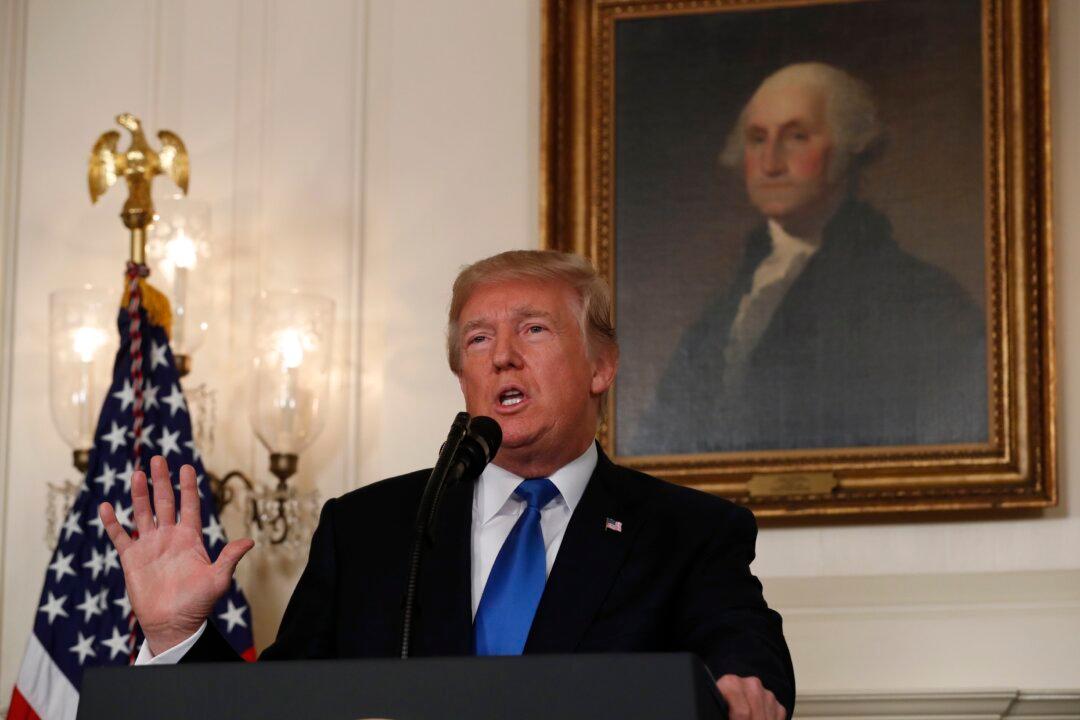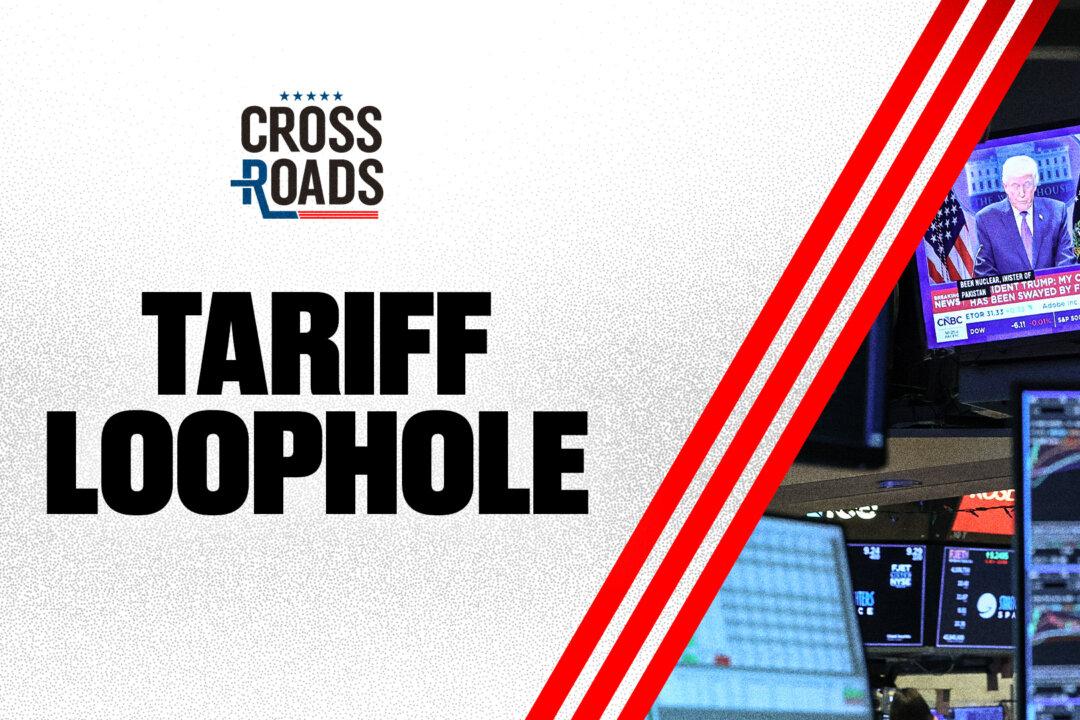The Iranian regime is one of the world’s leading sponsors of terrorism. It fuels sectarian violence in the Muslim world, has pushed to develop nuclear weapons, and regularly calls for the deaths of Israel and the United States.
The Obama administration signed a deal with Iran in 2015 to pay Iran more than $1.7 billion and delay its development of nuclear weapons until 2026. Despite this, Iran has continued its hostilities toward the United States, continued to finance terrorism, and continued to interfere with inspections of its nuclear sites. In January 2016, Iran took 10 U.S. sailors hostage and violated international norms in showing pictures of them.





